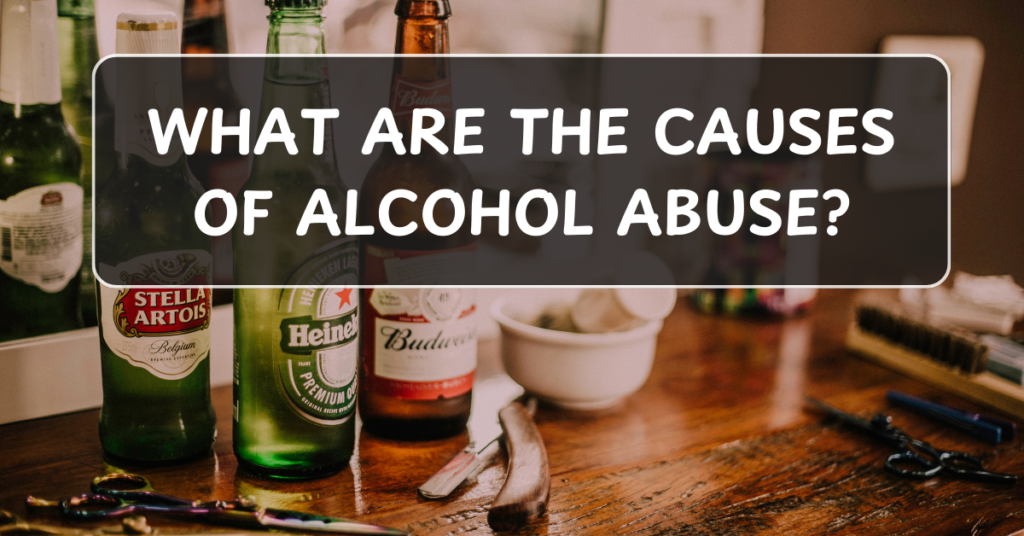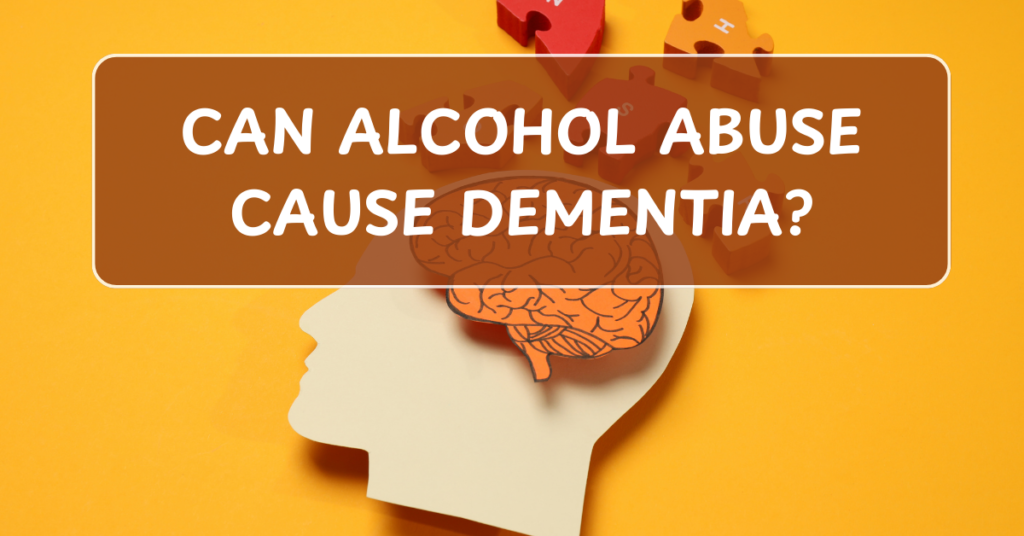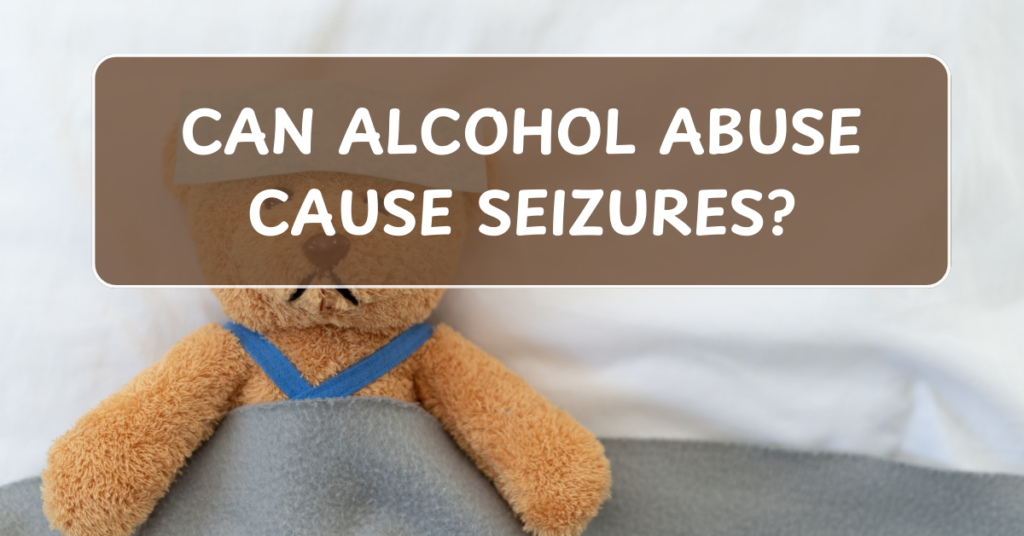
Alcohol abuse, characterized by excessive drinking that leads to significant harm or distress, is influenced by a combination of biological, psychological, social, and environmental factors. Understanding the causes of alcohol abuse is crucial for prevention and treatment efforts. Below is an exploration of the key contributors to alcohol abuse.
1. Genetic and Biological Factors
Genetics and biology play a significant role in determining an individual’s susceptibility to alcohol abuse.
- Family History of Alcoholism: Individuals with close relatives who struggle with alcohol addiction are more likely to develop similar issues due to inherited genetic factors.
- Brain Chemistry: Alcohol affects neurotransmitters like dopamine and serotonin, which regulate mood and reward. Some people may have a heightened response to alcohol’s effects, making it more reinforcing.
- Tolerance Development: Over time, regular drinking can lead to physical dependence as the body adapts to alcohol, requiring larger quantities to achieve the same effects.
2. Psychological Factors
Certain mental health and personality traits are associated with a higher risk of alcohol abuse.
- Stress and Anxiety: People often turn to alcohol as a coping mechanism to manage stress, anxiety, or pressure from work, relationships, or other life challenges.
- Depression: Alcohol may temporarily relieve feelings of sadness, but it can also exacerbate depressive symptoms, creating a cycle of dependency.
- Trauma and PTSD: Individuals with unresolved trauma, such as abuse or neglect, may use alcohol to numb emotional pain.
- Impulsivity and Risk-Taking: Personality traits like impulsivity or a tendency to seek out risky behaviors are associated with a higher likelihood of alcohol misuse.
3. Social and Cultural Influences
Social environments and cultural norms significantly impact drinking behaviors.
- Peer Pressure: Especially among teens and young adults, peer pressure can encourage heavy drinking to fit in or gain social acceptance.
- Family Environment: Growing up in a household where alcohol misuse is normalized increases the risk of developing similar habits.
- Cultural Acceptance of Drinking: In cultures or communities where alcohol consumption is celebrated or heavily integrated into social rituals, individuals may feel encouraged to drink excessively.
- Media and Advertising: The glamorization of drinking in movies, television, and advertisements can influence people to view alcohol as a desirable or harmless activity.
4. Environmental Factors
The availability of alcohol and certain life circumstances can also contribute to alcohol abuse.
- Easy Access: Living in areas with a high density of liquor stores or bars increases the likelihood of alcohol consumption.
- Economic Stress: Financial difficulties, job loss, or low socioeconomic status can lead individuals to misuse alcohol as a way to cope.
- Lack of Support Systems: Isolation or lack of emotional support from family and friends can push individuals toward alcohol for comfort.
5. Developmental and Early Life Experiences
Early life experiences can shape an individual’s relationship with alcohol.
- Childhood Exposure to Alcohol: Children exposed to parental alcohol abuse or permissive attitudes toward drinking may be more likely to develop alcohol problems later in life.
- Adverse Childhood Experiences (ACEs): Physical or emotional abuse, neglect, or family dysfunction during childhood increases the likelihood of alcohol abuse in adulthood.
- Early Onset of Drinking: Starting to drink at a young age can increase the risk of developing alcohol dependency due to its impact on brain development.
6. Co-Occurring Disorders
Alcohol abuse often occurs alongside other conditions, which can influence its development.
- Dual Diagnosis: Conditions like bipolar disorder, schizophrenia, or ADHD are frequently associated with higher rates of alcohol abuse as individuals self-medicate to manage symptoms.
- Substance Use Disorders: People who abuse other substances, such as drugs or nicotine, may also misuse alcohol.
7. Lack of Awareness or Education
Misunderstanding the risks associated with alcohol consumption contributes to abuse.
- Underestimating Risks: Many people are unaware of the potential for addiction or the long-term health consequences of excessive drinking.
- Social Drinking Culture: Viewing heavy drinking as normal or harmless can lead to patterns of abuse over time.
Conclusion
Alcohol abuse is a complex issue with multiple contributing factors, including genetics, mental health, social influences, and environmental conditions. Addressing these root causes through education, support, and early intervention is essential for preventing and treating alcohol misuse. If you or someone you know struggles with alcohol abuse, seeking help from medical professionals or support groups can be the first step toward recovery.


